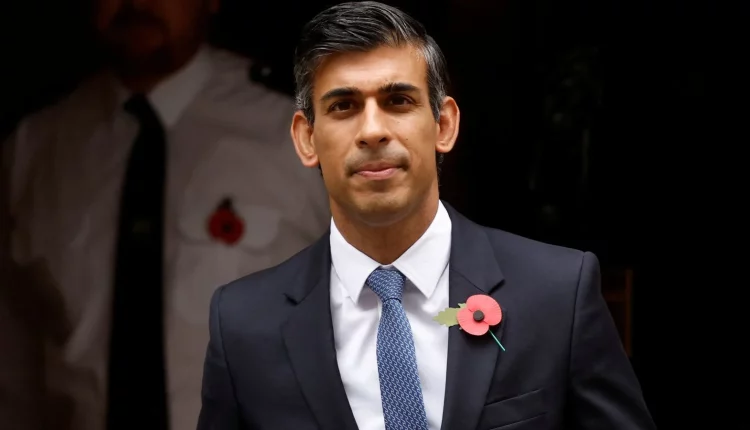Tinashe Farawo had the grim task of delivering the mutilated body of a 30-year-old farmer who had been trampled to death by an elephant in northern Zimbabwe to his distraught family.
It is something that Zimbabwe Parks and Wildlife Management Authority (Zimparks) rangers have to do all too frequently as they police a battle between humans and encroaching wildlife.
The farmer from Mbire district was one of 46 people killed by wild animals in Zimbabwe this year.
Hwange National Park, the country’s large nature reserve spanning 14,600 sq km (5,637 sq miles) in north-western Zimbabwe, has the capacity to sustain 15,000 elephants.
Yet officials say the population there now stands at around 55,000, with many straying into surrounding areas in search of food and water.
And the jumbos are greedy – a single elephant consumes up to 200 litres (44 gallons) of water a day and around 400kg (about 62st) of tree leaves and bark – causing great distress to already impoverished subsistence farmers.
‘We don’t want aid’
In May, Zimbabwe convened an African Elephant Summit but failed to unite countries on the continent to fight the ban on the global ivory trade, issued under Cites in 1989.
Only Zambia, Namibia and Botswana backed Zimbabwe’s push for permission sell off its ivory stockpiles, mostly from elephants that had died from natural causes and which would be worth hundreds of millions of dollars.
The same countries also support trophy hunting as a way to finance community projects for those who live close to game parks.
“We don’t want to need aid, we want the chance to trade so we can fund our programmes,” Mr Farawo said.
But Kenya, which opposes both hunting and the sale of ivory, did not attend the summit. The East African country symbolically burnt its ivory stockpile confiscated from poachers and illegal traders in 2016.
While Burkina Faso, Equatorial Guinea, Mali and Senegal have proposed to Cites that the elephants in southern Africa be upgraded to give them “threatened-with-extinction status”, further restricting any trade.
Jim Nyamu, who heads the Kenya-based Elephant Neighbours Centre, argues that lifting the trade in ivory in southern Africa would impact East Africa, where elephant numbers remain a concern.
He points to Cites’ decision to allow a one-off ivory sale from Botswana, Namibia and Zimbabwe to Japan and China in 1997 and 2008, saying it led to an increase in poaching.
“No country should be encouraged to work in insolation,” the anti-poaching campaigner told the BBC.
Mr Nyamu believes in alternatives like eco-tourism, which have the potential to bring in more money to communities than hunting.
Source BBC


Comments are closed.